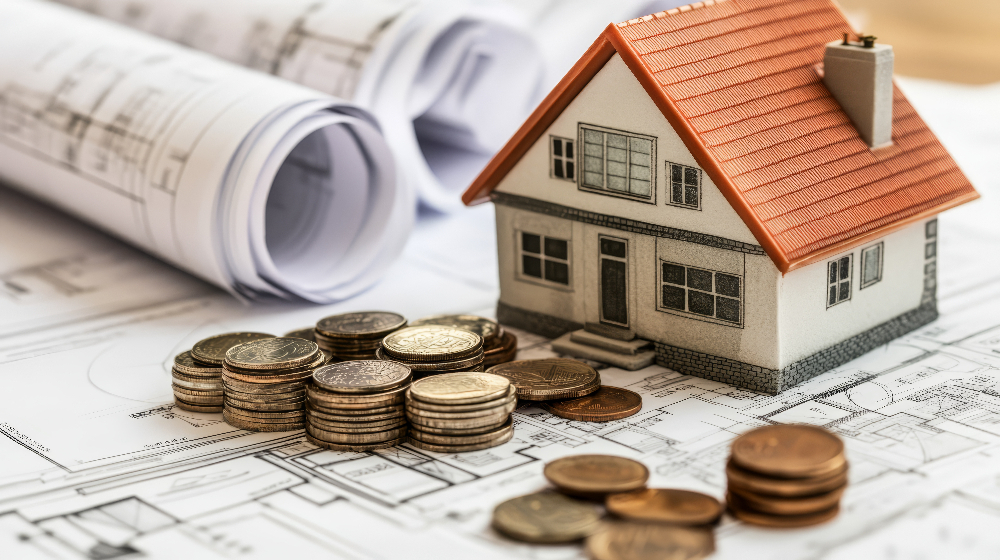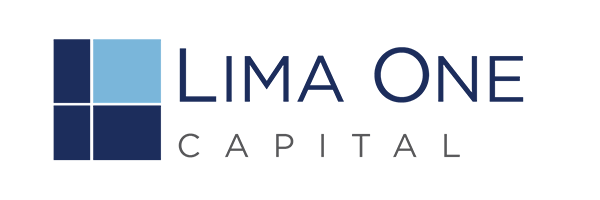
Renovating investment properties can significantly increase their value and rental income when done correctly and affordably. However, financing these renovations can be challenging, especially for investors with limited capital. Understanding your funding options and strategies is essential to ensure your project’s success and profitability.
Personal Savings and Equity
The most straightforward way to fund a renovation is through personal savings or home equity. While not an option for everyone, using savings avoids debt and interest costs, making it cost-effective. If you own your residence, leveraging your existing home equity via a Home Equity Line of Credit (HELOC) can provide flexible funds for your project.
Many believe personal funds cannot be used for investment property renovations, but this isn’t true in most cases. Always consult your accountant beforehand to ensure you’re using the funds in the most tax-advantageous and compliant way.
Credit Lines and Credit Cards
Business credit lines, lines of credit designed for property investing, and even personal or business credit cards are common options. These sources often have fast approval times, minimal documentation requirements, and competitive interest rates.
Investment property credit lines are typically reserved for experienced investors or those with a proven track record of successful projects. Although credit cards may have higher interest rates, they can be worthwhile if your goal is to flip or sell the property quickly.
A benefit of business lines of credit is that they are usually unsecured and revolving. This means you can draw down funds repeatedly for multiple projects, offering flexibility and ease of access.
Private Money Loans
There are many experienced private money lenders with positive online reviews, such as Kiavi and Lima One Capital. These lenders have funded billions of dollars across thousands of projects and can make the investment property financing process simple and affordable.
They typically specialize in short-term, asset-based loans for real estate projects. They also offer long-term rental loans if your goal is to hold the property for income after renovation. One of the main advantages of private money loans is that they are generally faster to secure and require less documentation than traditional bank loans.
However, private money loans usually come with slightly higher interest rates and fees compared to conventional financing. Despite this, they are often the best choice for many investment needs, especially when speed is essential.
Government Financing Programs
For rural or distressed property renovations, government-backed programs like USDA and FHA loans can be excellent options. These loans typically feature low interest rates, low or no down payments, but may involve lengthy approval processes and strict eligibility criteria.
Conclusion
Securing funding for investment property renovations requires understanding the options—from personal funds and credit lines to private loans. Carefully evaluate your financial situation, project scope, and timelines to choose the best financing method. Proper planning will maximize your project’s profitability and help grow your real estate portfolio.



